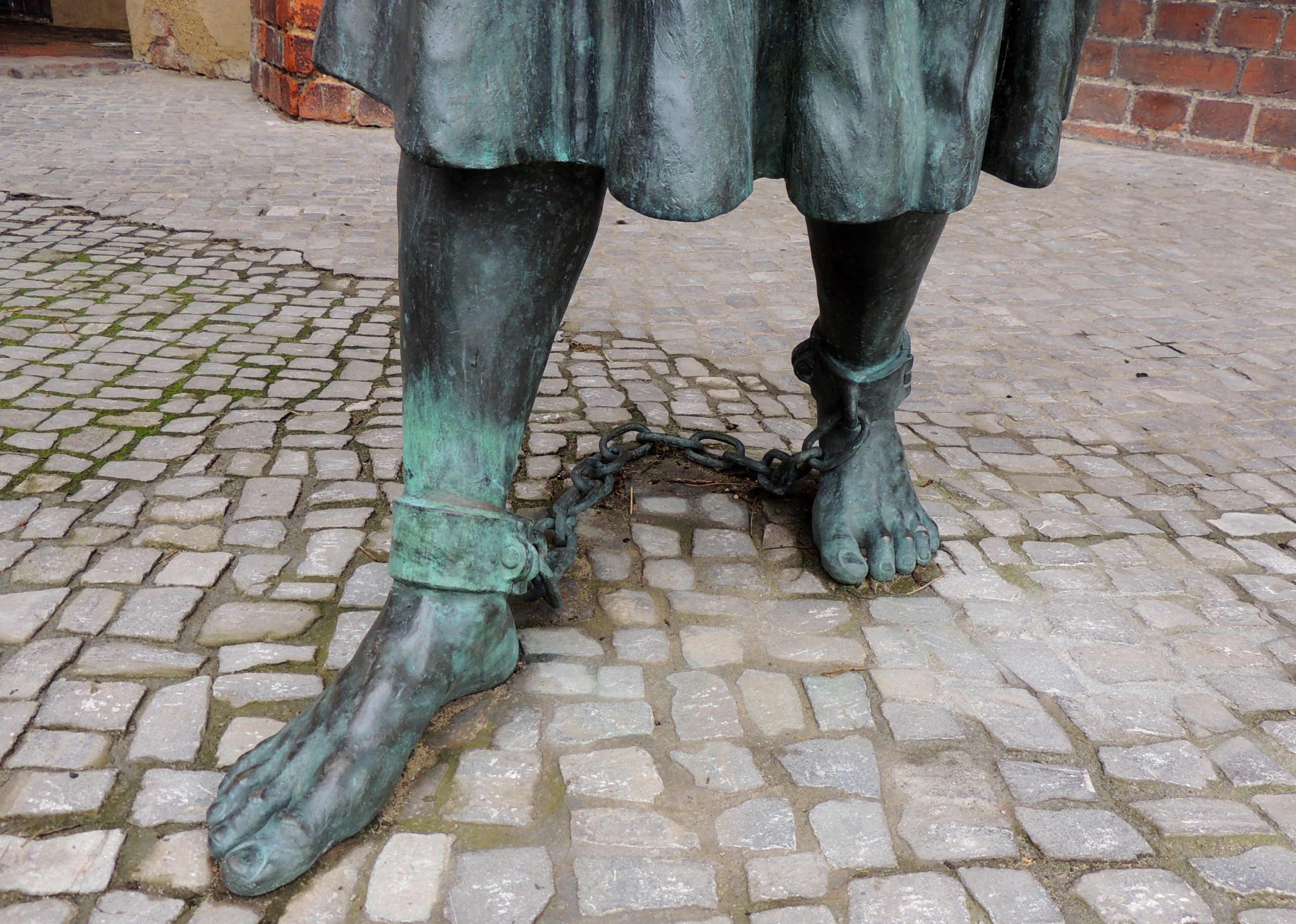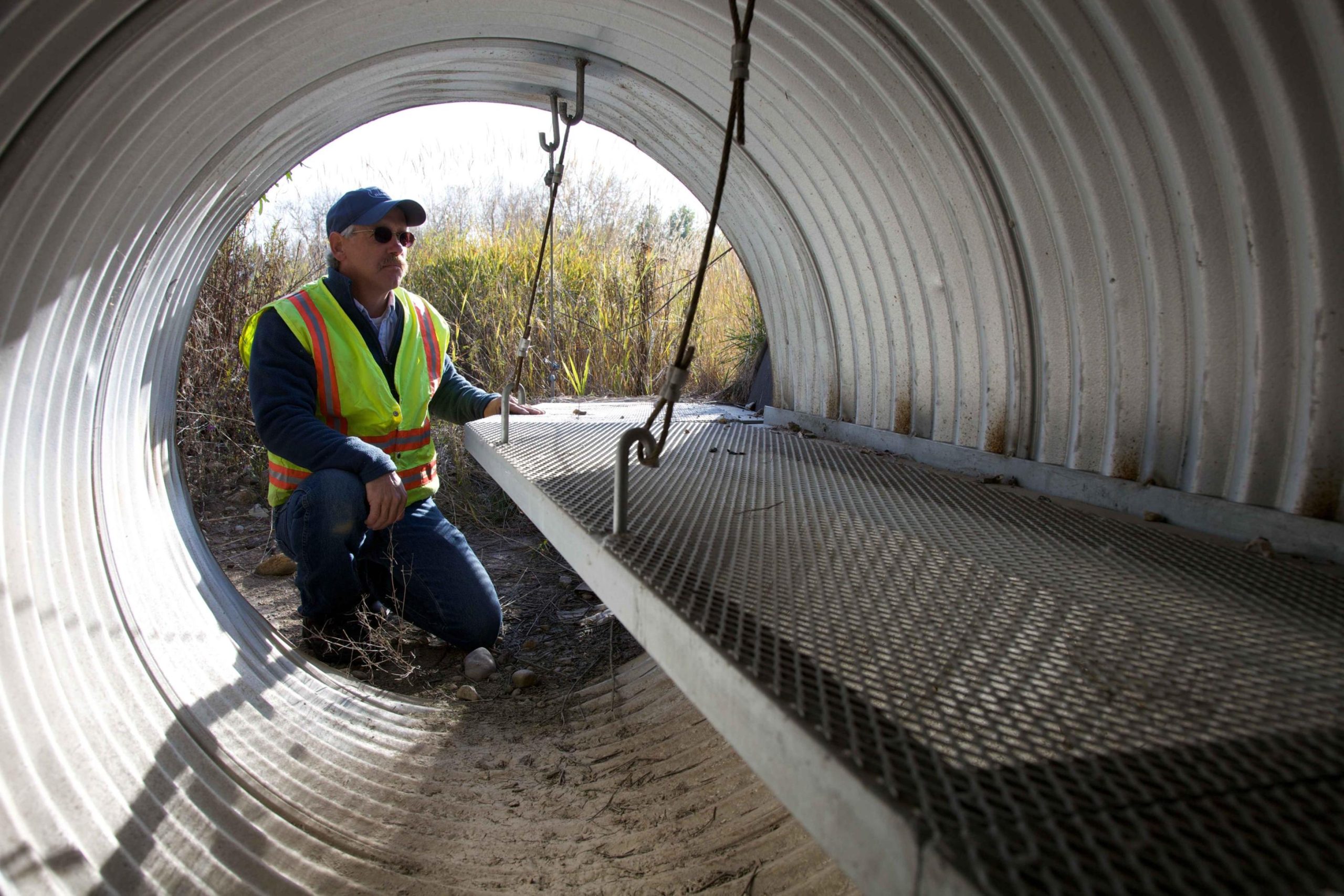 Even in cases involving tragic factual situations, strict procedural requirements must be followed to prevail on your claim. This case involves the time limits in which you must file a lawsuit and the principle of contra non valentem, which is a rule that the time limit in which someone has to file a lawsuit does not start if the other person was hiding information that would allow them to bring their claim.
Even in cases involving tragic factual situations, strict procedural requirements must be followed to prevail on your claim. This case involves the time limits in which you must file a lawsuit and the principle of contra non valentem, which is a rule that the time limit in which someone has to file a lawsuit does not start if the other person was hiding information that would allow them to bring their claim.
This case involves the tragic death of a husband and father, Julius Lennie. Tuboscope employed him for over thirty years. Various oil companies hired Tuboscope to clean and refurbish pipes and tubes used in the oilfield. The clean process involved the emission of a naturally occurring radioactive material. In 2010, after retiring, Lennie was diagnosed with lung cancer and died shortly thereafter. Almost four years later, his spouse and children filed a lawsuit against various companies that had hired Tuboscope.
His surviving family claimed Lennie had been exposed to dangerous levels of radiation while working, which caused his cancer and death. They alleged the companies knew naturally occurring radioactive materials were dangerous but had not warned Lennie or taken appropriate corrective actions. The Lennies argued they had filed the lawsuit after reading an article about radiation exposure in pipe yards, so they were not on notice of their claims until September 2013.
 Insurance Dispute Lawyer Blog
Insurance Dispute Lawyer Blog


 Summary judgment is designed to enable judicial expediency and cost-effectiveness in the courts. It is an important and complicated procedure that can occur repeatedly during litigation. When summary judgment is asserted repeatedly in the same case, how do parties prevail in their attempts to get or defeat summary judgment motions? The following case helps answer that question.
Summary judgment is designed to enable judicial expediency and cost-effectiveness in the courts. It is an important and complicated procedure that can occur repeatedly during litigation. When summary judgment is asserted repeatedly in the same case, how do parties prevail in their attempts to get or defeat summary judgment motions? The following case helps answer that question.  When an individual sustains an injury while on the job, the anticipation of receiving workers’ compensation to tide them over during their recovery is natural. Regrettably, situations arise where companies are unwilling to shoulder this responsibility. The scenario becomes more intricate when a parent company distances itself from its subsidiary’s actions, attempting to evade liability for workplace injuries. This particular Louisiana Court of Appeals case delves into corporate responsibility, illuminating the circumstances under which a parent company is held accountable for the safety measures enacted by its subsidiary entities.
When an individual sustains an injury while on the job, the anticipation of receiving workers’ compensation to tide them over during their recovery is natural. Regrettably, situations arise where companies are unwilling to shoulder this responsibility. The scenario becomes more intricate when a parent company distances itself from its subsidiary’s actions, attempting to evade liability for workplace injuries. This particular Louisiana Court of Appeals case delves into corporate responsibility, illuminating the circumstances under which a parent company is held accountable for the safety measures enacted by its subsidiary entities. Unfortunately, accidents in the workplace are not uncommon. What happens, however, if you unknowingly signed an agreement making your employer immune from a liability claim? The following Lafourche Parish case outlines this predicament.
Unfortunately, accidents in the workplace are not uncommon. What happens, however, if you unknowingly signed an agreement making your employer immune from a liability claim? The following Lafourche Parish case outlines this predicament.  Medical professionals are expected to uphold a standard of care in their practice. Unfortunately, life can present us with unfortunate circumstances where this standard is not met. When we experience injuries or worse due to the actions of those responsible for our treatment, healing, or diagnosis, medical malpractice claims can serve as a means to seek compensation and justice.
Medical professionals are expected to uphold a standard of care in their practice. Unfortunately, life can present us with unfortunate circumstances where this standard is not met. When we experience injuries or worse due to the actions of those responsible for our treatment, healing, or diagnosis, medical malpractice claims can serve as a means to seek compensation and justice. In the aftermath of a car accident, the quest for justice often extends beyond determining fault, delving into the intricate realm of calculating damages. Even when the liability is undisputed, securing compensation can be laden with legal complexities. The following case unveils the story of Shelley Cooley, a collision victim navigating the labyrinth of litigation to ascertain the rightful compensation for her injuries. The journey sheds light on the indispensable role of compelling evidence, from medical testimony to personal accounts, in establishing the magnitude of damages in the aftermath of an accident.
In the aftermath of a car accident, the quest for justice often extends beyond determining fault, delving into the intricate realm of calculating damages. Even when the liability is undisputed, securing compensation can be laden with legal complexities. The following case unveils the story of Shelley Cooley, a collision victim navigating the labyrinth of litigation to ascertain the rightful compensation for her injuries. The journey sheds light on the indispensable role of compelling evidence, from medical testimony to personal accounts, in establishing the magnitude of damages in the aftermath of an accident. Settling a lawsuit can have many far-reaching effects. Not only will it result in the dismissal of your lawsuit, but it could also affect things such as your social security benefits. Therefore, it is important that you consult with an attorney and carefully consider if a settlement is in your best interest. Additionally, as seen in this case, if you accept a settlement offer, you must ensure the related court order includes all required aspects so you do not have to deal with unintended consequences.
Settling a lawsuit can have many far-reaching effects. Not only will it result in the dismissal of your lawsuit, but it could also affect things such as your social security benefits. Therefore, it is important that you consult with an attorney and carefully consider if a settlement is in your best interest. Additionally, as seen in this case, if you accept a settlement offer, you must ensure the related court order includes all required aspects so you do not have to deal with unintended consequences.  If part of a car falls on you at a vehicle yard, you should be able to recover damages for your injuries from the yard owner. However, if you do not provide sufficient evidence, you will likely be unable to recover for your injuries.
If part of a car falls on you at a vehicle yard, you should be able to recover damages for your injuries from the yard owner. However, if you do not provide sufficient evidence, you will likely be unable to recover for your injuries. If you’ve been involved in a car accident and are considering filing a lawsuit, it’s essential to be aware of one crucial aspect often overlooked – the appropriate court venue. Venue refers to the location where a lawsuit is filed, and getting it right is crucial for the court to have jurisdiction, granting it the legal authority to issue judgments in the case.
If you’ve been involved in a car accident and are considering filing a lawsuit, it’s essential to be aware of one crucial aspect often overlooked – the appropriate court venue. Venue refers to the location where a lawsuit is filed, and getting it right is crucial for the court to have jurisdiction, granting it the legal authority to issue judgments in the case. Getting terminated from a job is always a stressful situation. You are likely concerned about how you are going to make ends meet. This is even more true if you believe your former employer has not paid you all the wages you are entitled to.
Getting terminated from a job is always a stressful situation. You are likely concerned about how you are going to make ends meet. This is even more true if you believe your former employer has not paid you all the wages you are entitled to.